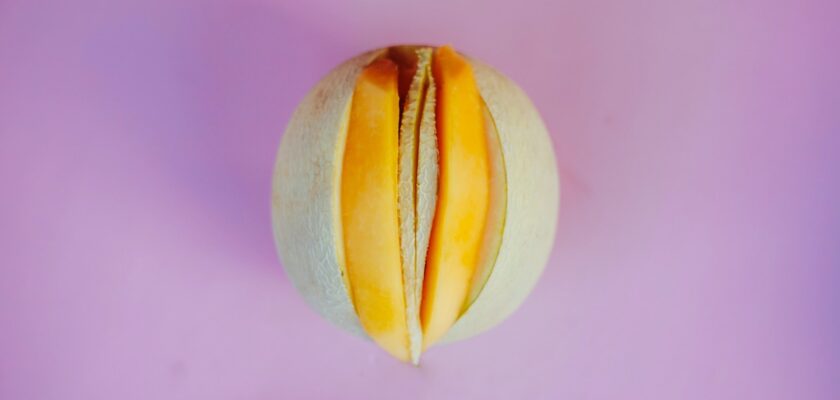Women’s vulvas, or vulvae, come in all shapes and sizes. This is a good thing! Men are attracted to a variety of genitalia.
The upper pubic area (also called FUPA) is naturally fatty. The amount of fat that accumulates in this area depends on your body weight and type.
1. Weight gain
If you are overweight, fat may accumulate in the fatty area above your labia (mons pubis). This area is also called the “fat vulva” or the FUPA. The size of this region depends on your overall body weight and type. Some people store more fat in this area than others do. When you lose weight, the excess fat cells will disappear. This will reduce the appearance of a fat vulva.
In addition to weight gain, you can also experience fluctuations in your hormones which can cause your mons pubis to grow or shrink. This is a natural phenomenon and happens for many reasons including pregnancy, menopause, and more.
The vulva, or genitalia, come in all shapes and sizes. While some women worry that their vulva doesn’t look “normal,” the reality is that there is no normal. The only real “normal” is what you feel comfortable with and unless your vulva causes pain or discomfort, it’s likely fine! In fact, a diverse range of vulva types are what makes us all unique.
2. Hormones
You may have noticed that you are more prone to bruises or that it takes longer for wounds to heal since your body has started depositing fat around your pubic area, also known as the “mons pubis.” This is completely normal, and it varies by person depending on their overall weight and the size of their body. Your mons pubis is a naturally fatty area, and your body is designed to store fat in this location to provide cushioning during sex and protect the more sensitive parts (clitoris and labia) from injury. Many women who have fat vulva areas believe they are not being natural, but this is all part of the normal hormonal changes that occur during menopause and perimenopause.
When estrogen levels decrease, this can cause your vagina to become thin, dry, and fragile, a condition known as vulvovaginal atrophy. This can be frustrating for many women, as it can lead to a loss of libido and make orgasms harder to achieve.
3. Stress
Your vulva, or your inner genitalia, comes in all sorts of shapes and sizes. It’s important to remember that everyone is different, and that there is no such thing as a “normal” vagina. Your vulva is made up of your mons pubis area (where most people keep their pubic hair) and the outer and inner labia majora and minora (“lips”). The vulva also houses your clitoris and your urethra.
Stress causes your body to release the hormone cortisol, which encourages your fat cells to accumulate in your abdomen and above your pubic area. This can make your vulva look bloated or thick. It can even lead to C-sections, as excess weight can cause your baby to struggle coming out through the narrow birth canal, making doctors have no choice but to operate.

